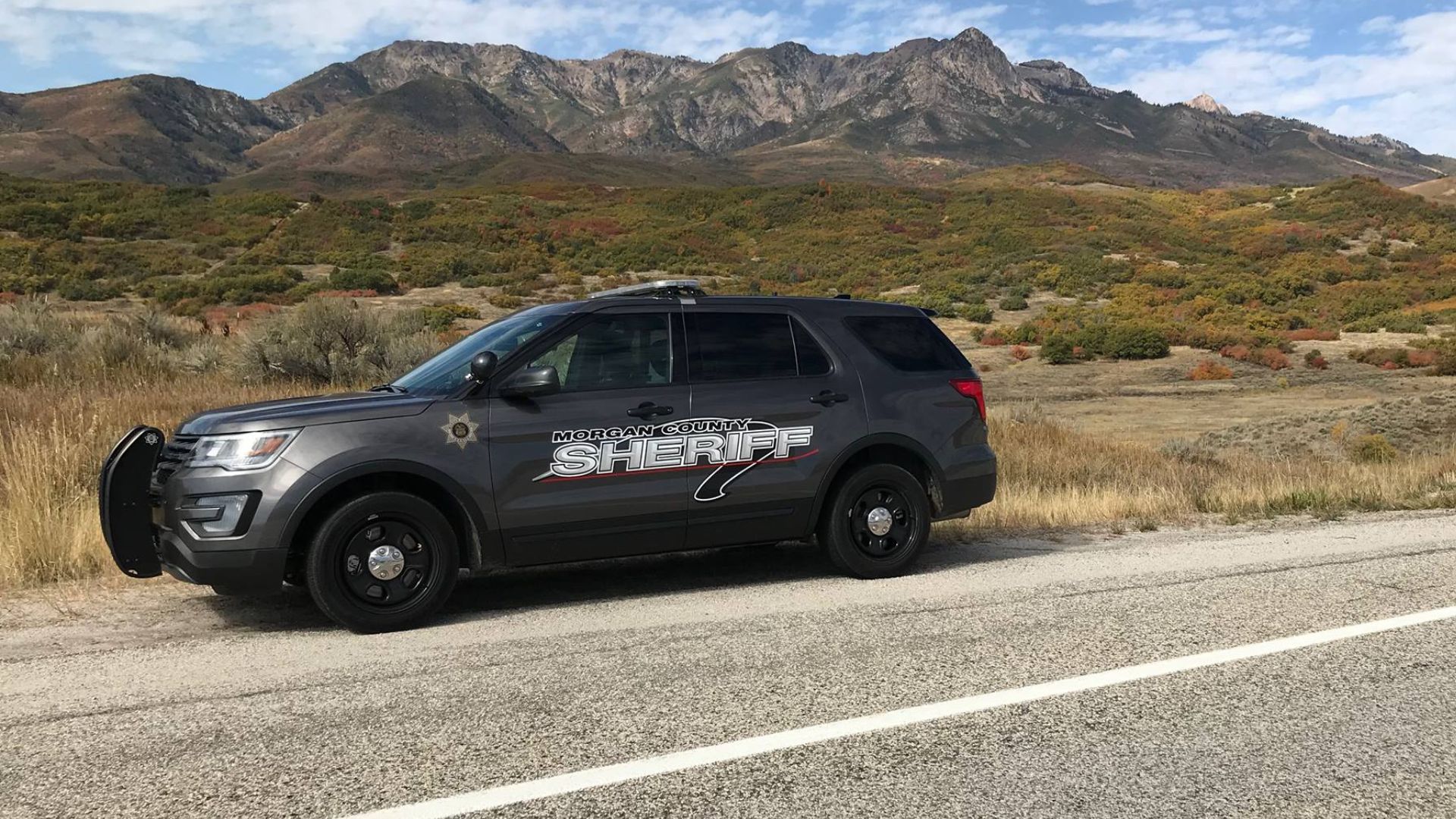MORGAN, Utah — Before Sunday's tragedy, the Tremonton Garland Police Department employed 21 officers. They serve 11,000 residents in mainly rural communities.
"When I went to Garland in 2015, there were four officers, so we didn’t work past 2 a.m.," former Garland Police Chief Chad Soffe said. "[From] 2-6 a.m., we were on call because we didn’t have enough people. When we went on a call, usually on our own, mostly Tremonton had to back us, and we had to back them up and the sheriff’s office there was great to help us."
Garland and Tremonton have since unified their departments, but like many other smaller departments, there are unique challenges they face.
"We’re just trying to be the safest we can out there and be the best we can be out there," Morgan County Sheriff Corey Stark said of the challenges facing more rural areas. "In Morgan County, we only have one office and that's mine, that's the sheriff's office, and there's 17 of us."
He acknowledged that Morgan County is actually one of Utah's smaller counties geographically, but they still have to cover some 600 square miles.
"If you're on one end of the county and get called to another end of the county, it may take you a little over an hour to get there," Stark said.
Troopers nearby or neighboring county agencies help when needed, but staffing around the clock can be difficult.
"A lot of times, certainly times of the day or night, we may only have one or two guys on," Stark said. "Our main thing is trying to keep up wages comparable to other places that are bigger agencies."
Soffe agreed.
"Well, it's a challenge to ... get officers to want to work in a rural department. They often don't pay as much, and once they get them trained through the police academy, they're there and working maybe a few months or a year, they'll go somewhere else maybe for a dollar an hour more," Soffe said.
He says many stay because they like the more family feel of a smaller department and they fall in love with the community they serve.
They both agreed that the number one issue facing officers and deputies in all departments — large and small — is that unknown factor when responding to a call.
"You never know what you're going to get," Stark said.
Soffe added, "The biggest challenge when you're dealing with a situation like that is not knowing the mindset of the other person."




